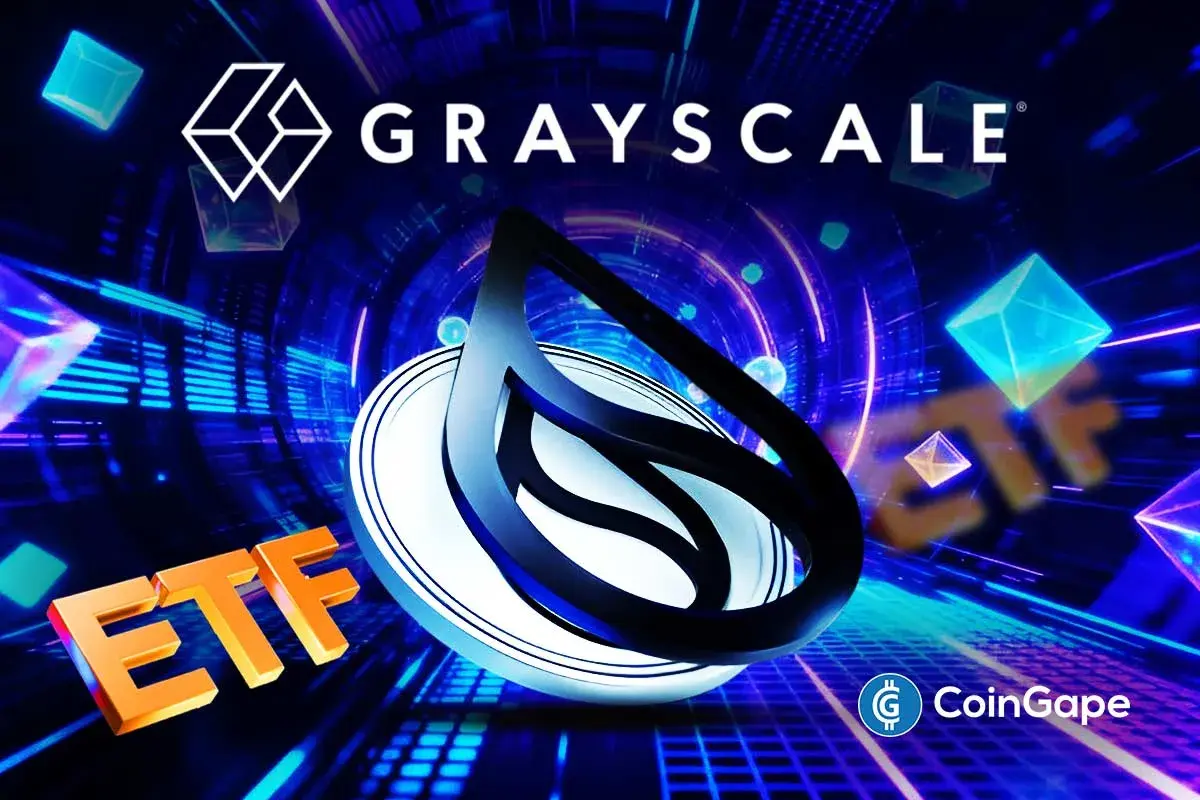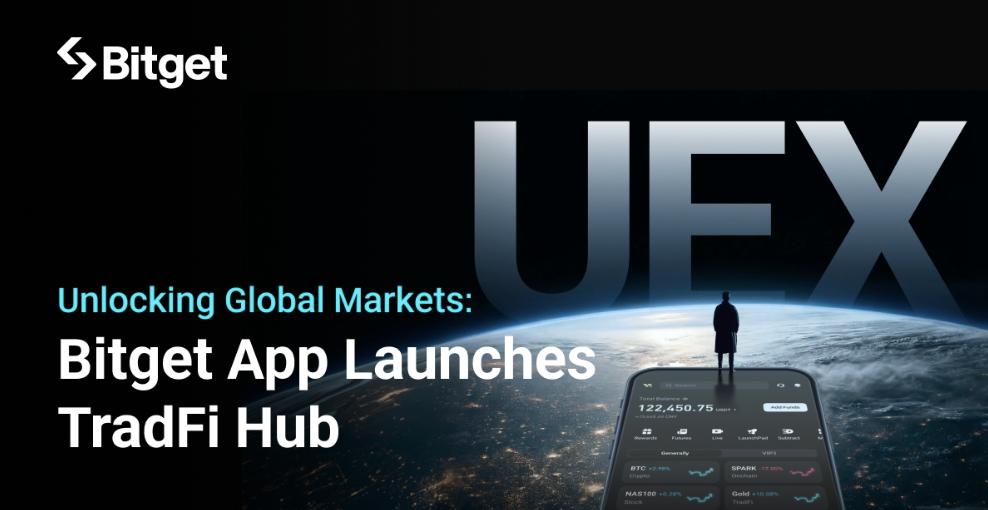Breaking: Robinhood Expands Crypto Trading To Three New U.S. Regions

Highlights
- Robinhood Crypto now available in three U.S. regions, offering 15 cryptocurrencies.
- Acquisition of AI investing copilot Pluto to enhance user decision-making.
- Potential leadership changes in crypto regulation speculated, tied to U.S. election outcomes.
Robinhood, the well-known trading platform, has made a significant move in the cryptocurrency market by expanding its digital asset services to new U.S. territories. This expansion comes at a time when the crypto landscape is undergoing rapid changes, with some competitors facing challenges. Robinhood’s decision to broaden its reach demonstrates its commitment to growing its crypto offerings and highlights the changing dynamics in the U.S. cryptocurrency market.
Details of the Expansion and Market Context
Robinhood Crypto has extended its services to three new U.S. territories: the U.S. Virgin Islands and Puerto Rico. This expansion allows users in all U.S. territories to trade 15 different cryptocurrency assets on the platform, including popular options like Bitcoin and Ethereum. This move puts Robinhood Crypto ahead of major U.S. competitors like Coinbase and Kraken in terms of availability to U.S.-based customers.
The expansion is particularly noteworthy when compared to the challenges faced by other players in the market. For instance, Binance which had exited the U.S. market due to regulatory pressures. This contrast underscores the diverging paths of different platforms in the U.S. crypto landscape.
While Robinhood’s crypto trading volumes are not tracked on popular price aggregators, the company’s recent data shows $7.1 billion worth of crypto traded in May, a 30% decrease from April. Despite this, Robinhood’s crypto business remains smaller than its equities business, which saw $86.8 billion traded in May.
The expansion required obtaining a money transmitter license in Puerto Rico, while recent regulatory changes in Hawaii have eased operations for crypto firms. In the U.S. Virgin Islands, where there are currently no state-level cryptocurrency regulations, Robinhood faced no significant regulatory hurdles.
Also Read: Analyst Forecasts Solana Rising To Third In Market With ETF Hype; Buy Now?
Robinhood’s Strategic Moves and Industry Developments
Beyond its territorial expansion, Robinhood has made strategic moves to enhance its offerings. The company has acquired Pluto, an AI-driven investing copilot, aiming to integrate advanced AI tools into its platform. This acquisition is designed to help retail investors make more informed investment decisions by leveraging artificial intelligence.
In the broader context of the crypto industry, there have been discussions about potential changes in regulatory leadership. Speculation suggests that Robinhood’s Chief Legal Officer, Dan Gallagher, could potentially replace Gary Gensler as the SEC Chair if Donald Trump wins the upcoming U.S. Presidential election. This speculation is particularly interesting given Trump’s increasingly pro-crypto stance, which contrasts with the current administration’s regulatory approach.
Also Read: German Govt. Dumps Another 832 BTC, 13% Bitcoin Holdings Eroded
- Breaking: SUI Price Rebounds 7% as Grayscale Amends S-1 for Sui ETF
- Bitget Targets 40% of Tokenized Stock Trading by 2030, Boosts TradFi with One-Click Access
- Trump-Linked World Liberty Targets $9T Forex Market With “World Swap” Launch
- Analysts Warn BTC Price Crash to $10K as Glassnode Flags Structural Weakness
- $1B Binance SAFU Fund Enters Top 10 Bitcoin Treasuries, Overtakes Coinbase
- Pi Network Price Prediction as Mainnet Upgrade Deadline Nears on Feb 15
- XRP Price Outlook Amid XRP Community Day 2026
- Ethereum Price at Risk of a 30% Crash as Futures Open Interest Dive During the Crypto Winter
- Ethereum Price Prediction Ahead of Roadmap Upgrades and Hegota Launch
- BTC Price Prediction Ahead of US Jobs Report, CPI Data and U.S. Government Shutdown
- Ripple Price Prediction As Goldman Sachs Discloses Crypto Exposure Including XRP


















